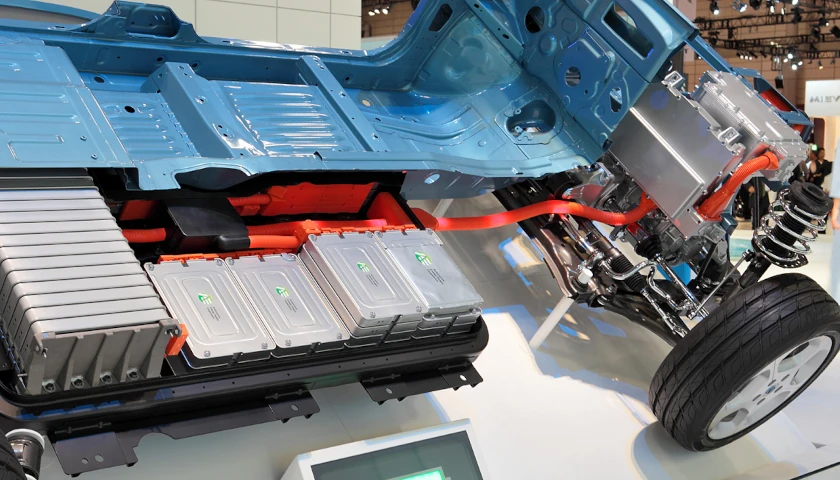The stripper who falsely claimed that members of the Duke University men’s lacrosse team savagely raped her in 2006 finally admitted Thursday that she made up the allegations.
Crystal Mangum, the exotic dancer behind the allegations, admitted that she “testified falsely” that she was raped by David Evans, Collin Finnerty and Reade Seligmann in a Thursday interview with an independent podcast called “Let’s Talk with Kat.” The Duke lacrosse rape hoax gripped the country as news outlets and prominent figures effectively treated the allegations as credible, with the three falsely accused men ultimately going to trial before being declared innocent by the state of North Carolina when the prosecution’s case against them fell apart.
Read More


